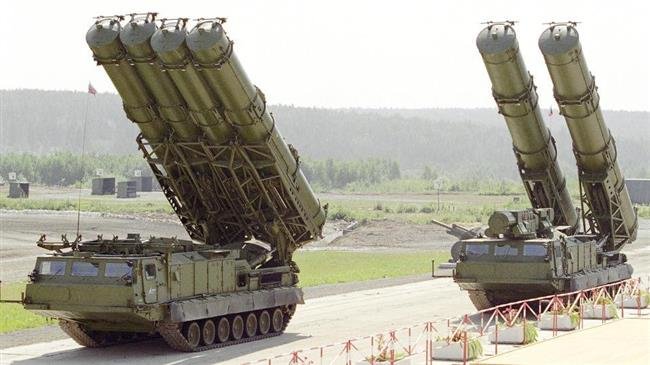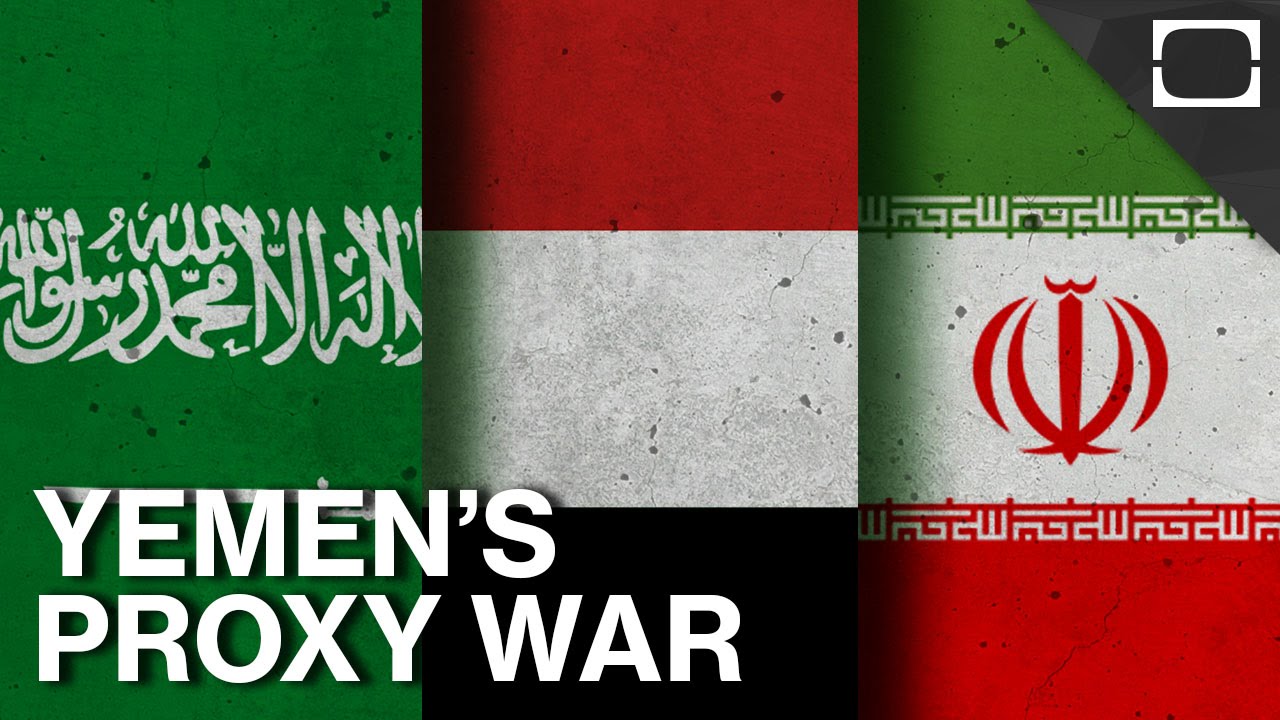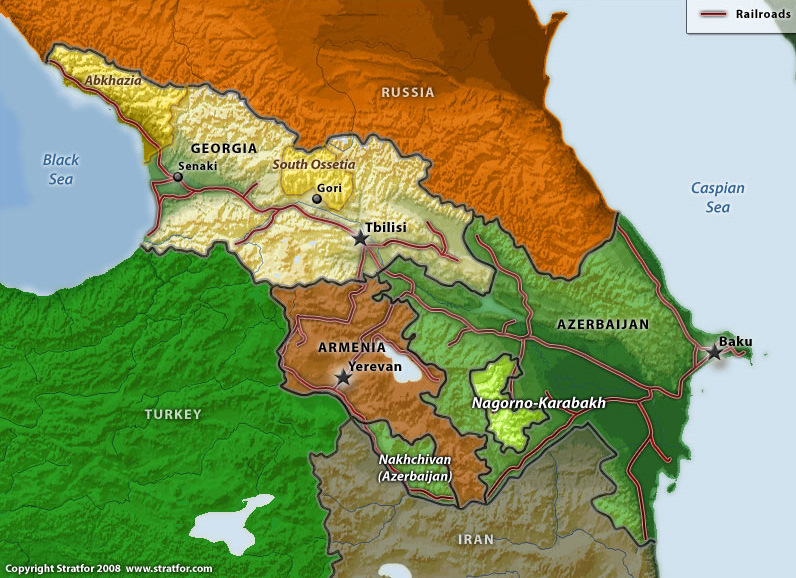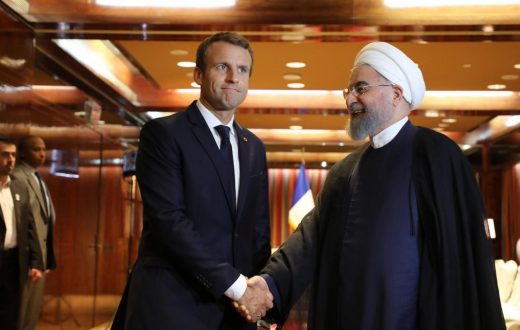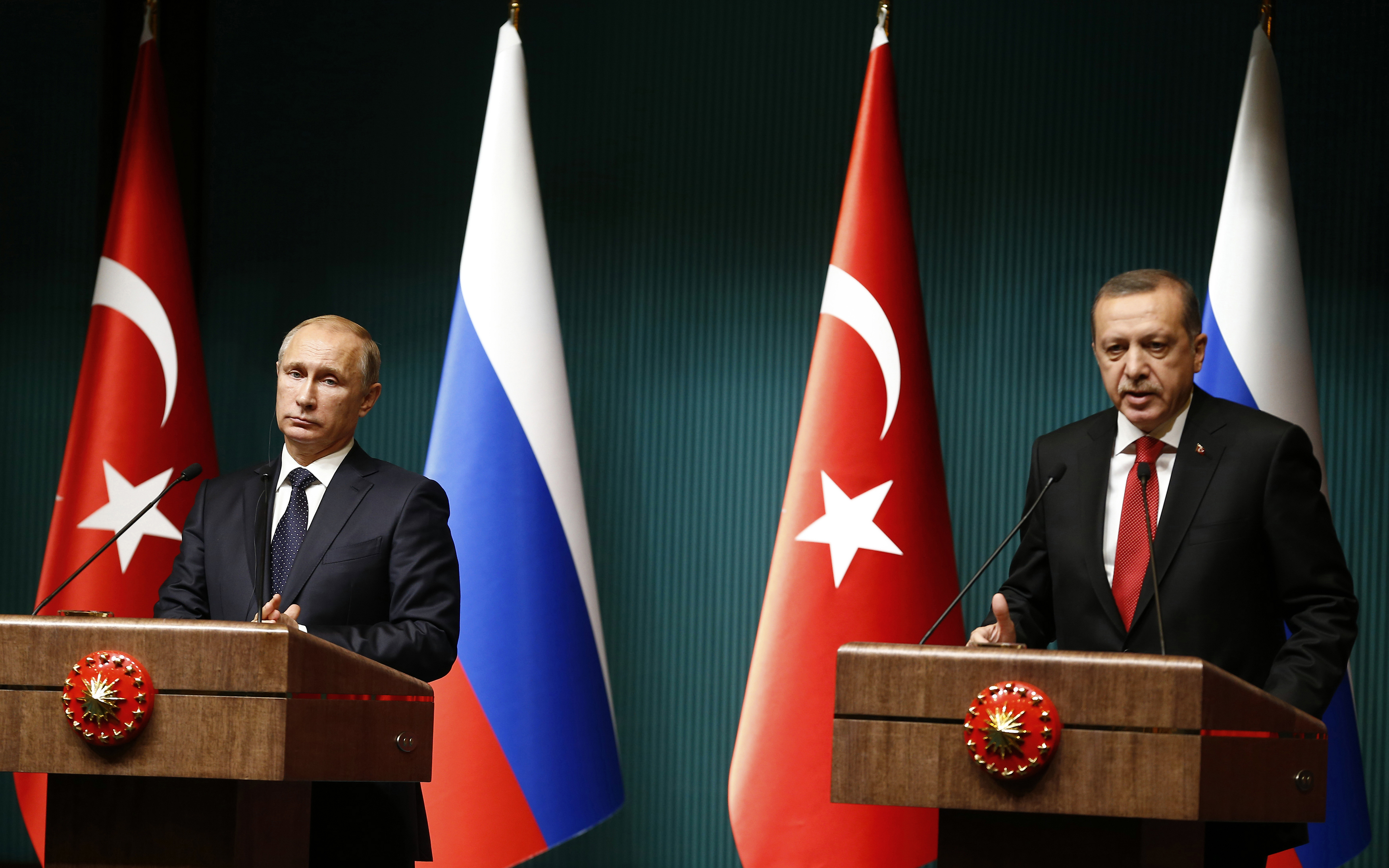A few weeks ago, the Hebrew State wanted to force the leaders of the Gaza Strip to sign a peace agreement. Israel wanted to avoid a two front war (with Gaza as well as with its enemies in the North). Indeed, the Israeli government fears a war with Iran, which is not a weak enemy (read our military comparison http://www.young-diplomats.com/iran-vs-israel-who-would-win/). Beyond that, the Jewish state found a much more dangerous enemy: Russia. The objective of our approach is to understand the challenges of the recent delivery of S-300 missiles to Syria.
State-of-the-art technology
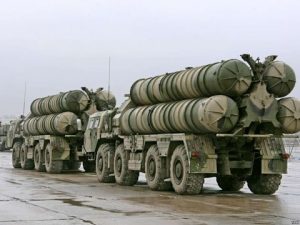 These S-300 missiles (ground-to-air missiles) are a godsend for Syria. This country had an archaic and weak air defense system. These weapons are equipped with a detection system covering a diameter of 300 kilometers. In addition, they are fast projectiles that can easily reach mach 6.5. They therefore have an incomparable speed with the precedent Syrian defense system.
These S-300 missiles (ground-to-air missiles) are a godsend for Syria. This country had an archaic and weak air defense system. These weapons are equipped with a detection system covering a diameter of 300 kilometers. In addition, they are fast projectiles that can easily reach mach 6.5. They therefore have an incomparable speed with the precedent Syrian defense system.
Why does Russia deliver these weapons to the Syrians?
On 17 September, while targeting an Israeli aircraft bombing strategic targets, the Syrian anti-aircraft system accidentally destroyed a plane. This event costed the lives of 15 Russian soldiers. Moscow and Damascus directly blamed the Israel Defense Forces, which they said used the Russian plane as cover. Following this unfortunate event, Russia decided to contribute to the modernisation of Syria’s anti-aircraft system. But this immediate explanation should not mask other underlying reasons. First, if Russia delivers such technologies to an ally, its relations with this one are strong and sustainable. When a country supplies weapons to an ally, it also delivers a service, composed of engineers and trainers. This delivery strengthens relations between Syria and Russia. In addition, Moscow can now test these weapons under real combat conditions, which will lead to technical and logistical improvements. Of course, such deliveries also allow Russia to continue its strategic installation on Syrian and, in extenso, Middle Eastern soil.
What are the consequences for Israel?
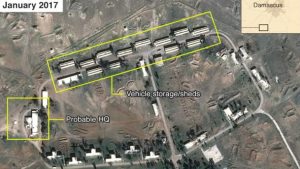
This new technology poses a threat to Israel, which will have to act with much greater caution when it enters Syrian and Lebanese airspace.
Nevertheless, Israel will continue its strikes to prevent Iran from establishing itself in Syria. The stakes are too high and its security is too threatened. Against Iran, Tzahal chiefs put into practice a simple defensive precept, enacted by Sun Tzu more than 2400 years ago in the Art of War: “In war, do not expect that the enemy will not come. Be able to counter it”.

